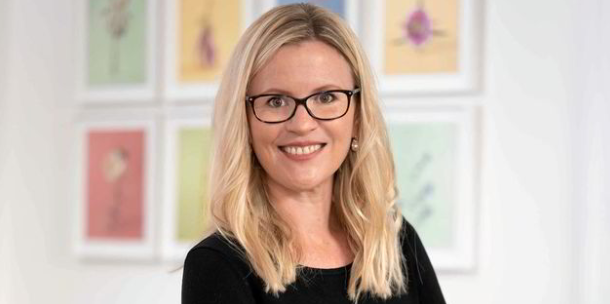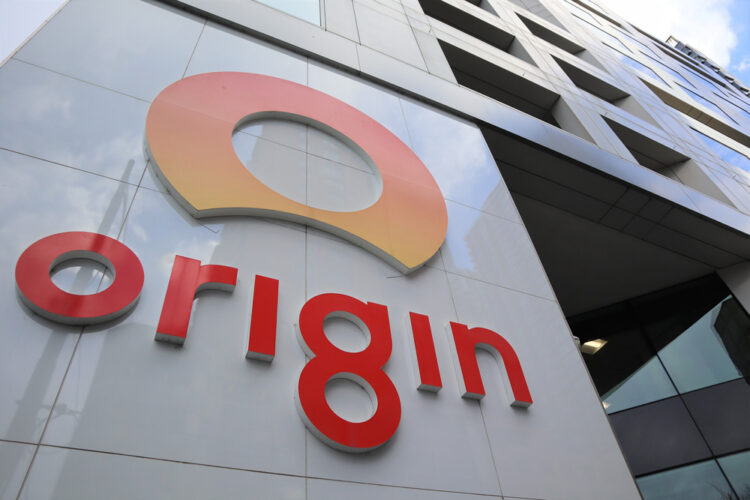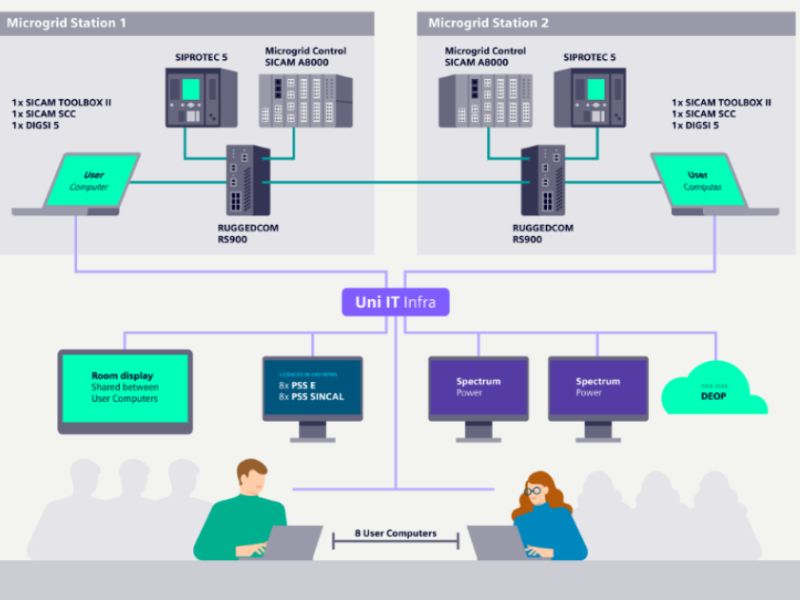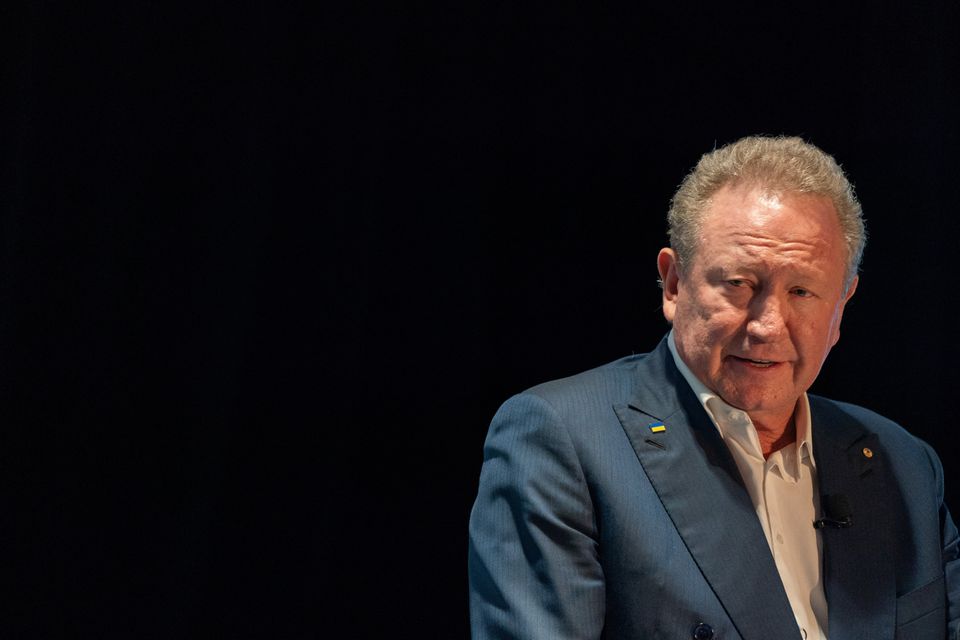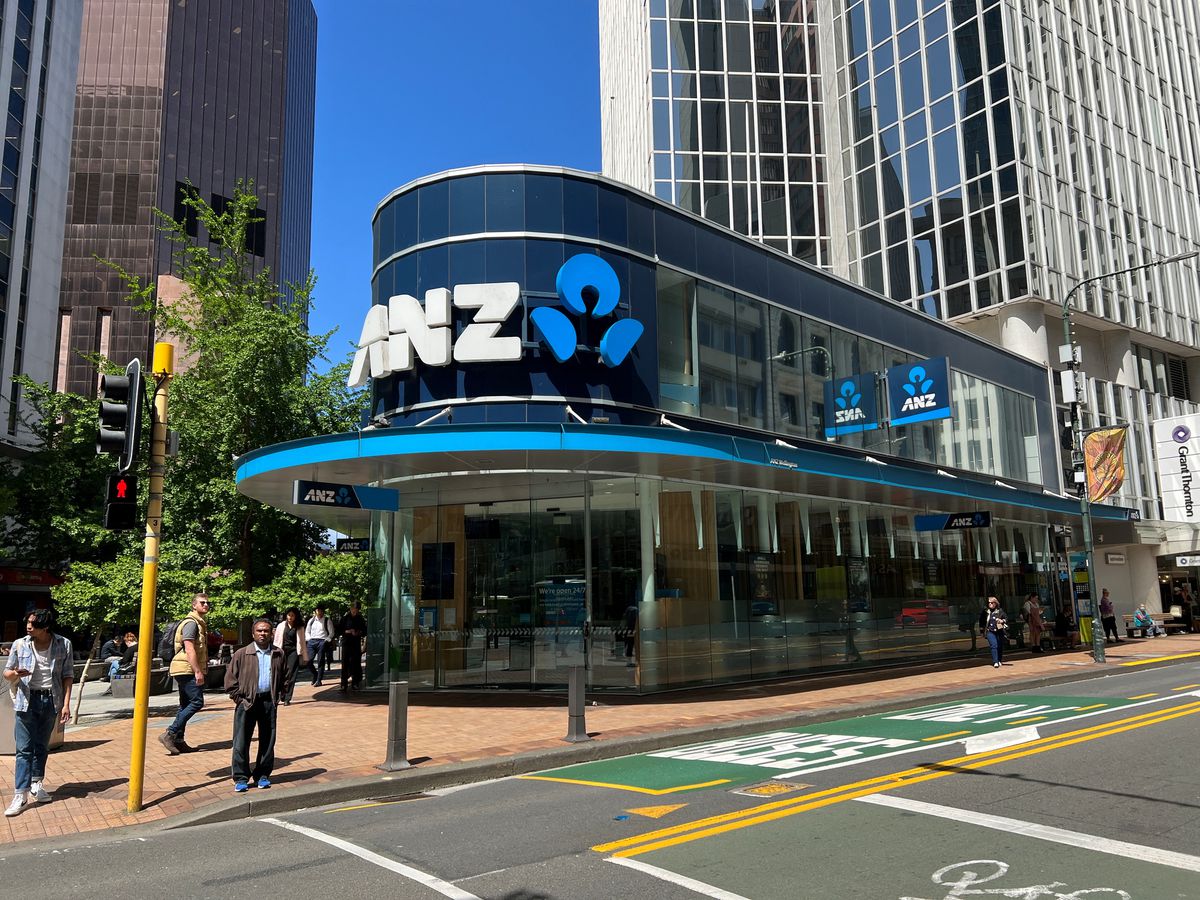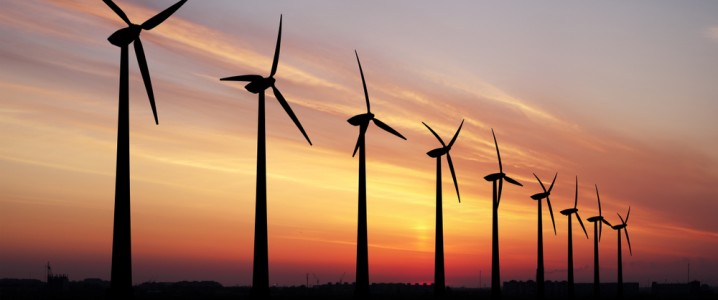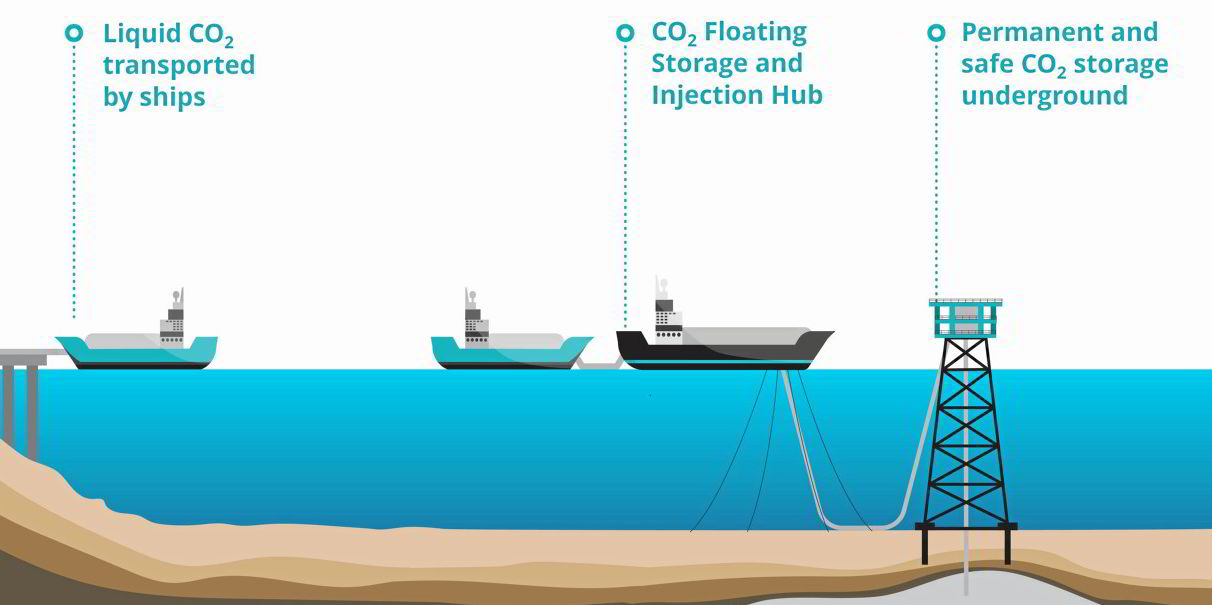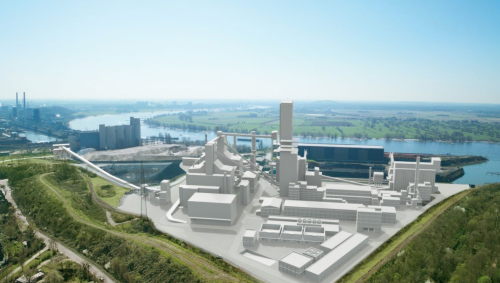
The hydrogen requirement is being put out to tender in a transparent and broad-based procedure, with the aim of operating the direct reduction plant fully on hydrogen by as early as 2029.
The call for tenders is being organized in close coordination with the German Federal Ministry for Economic Affairs and Climate Protection (BMWK), which, together with the state of North Rhine-Westphalia, is funding the innovative plant project and the associated hydrogen ramp-up to the tune of around €2 billion. This will make it possible to cease using natural gas at an early stage, while at the same time firing the starting pistol for the hydrogen ramp-up in Germany.
The direct reduction plant, in conjunction with the two downstream melters, will be integrated into Europe's biggest iron and steel plant as a technologically new plant combination. It will be possible to retain all subsequent process steps from the steel mill onward.
The 100% hydrogen-capable direct reduction plant has an annual production capacity of 2.5 million metric tons of directly reduced iron. The first use of hydrogen in the plant combination is planned for 2028, with the ramp-up to full hydrogen operation to be completed in 2029.
The use of around 143,000 metric tons of hydrogen (equivalent to 5.6 terawatt hours) will enable up to 3.5 million metric tons of CO2 to be saved per year. As the largest German hydrogen consumer, thyssenkrupp Steel will thus function as the initiator of and driving force behind a hydrogen economy, paving the way for the decarbonization of the entire steel value chain.
The call for tenders for the hydrogen volumes was already published in various German federal government and EU portals in mid-December. The tendering process will be divided into three phases, and is aimed at all potential hydrogen suppliers which have production projects for renewable green or CO2-reduced blue hydrogen with the ability to deliver to Duisburg.
All interested suppliers will receive an information pack on the contract award process at the start of the first tendering phase, which begins in February 2024 and will culminate in a timely conclusion of binding supply contracts.
